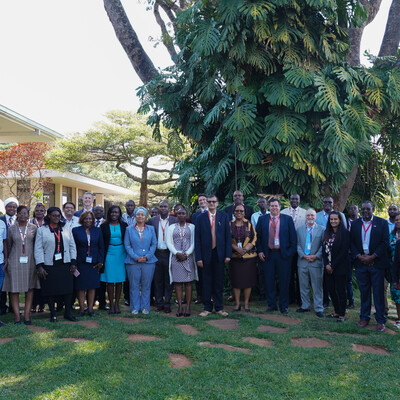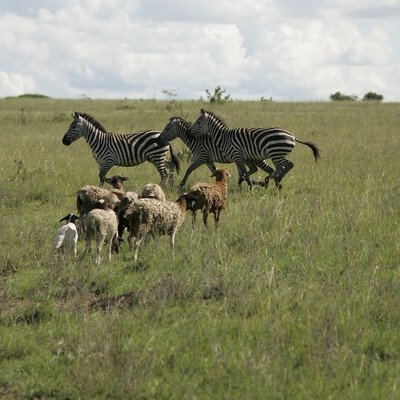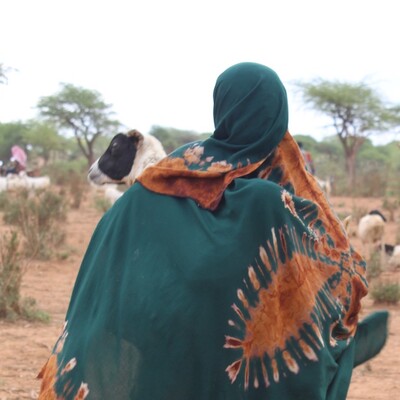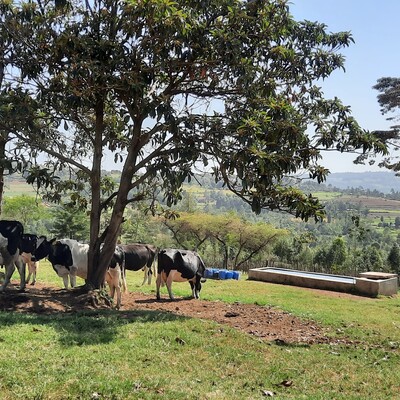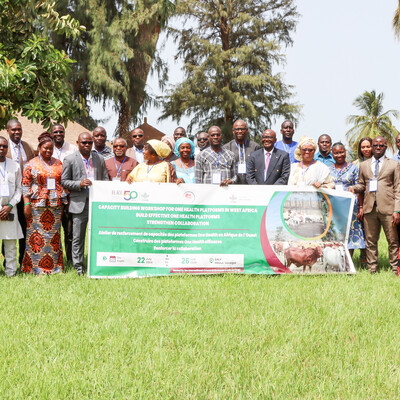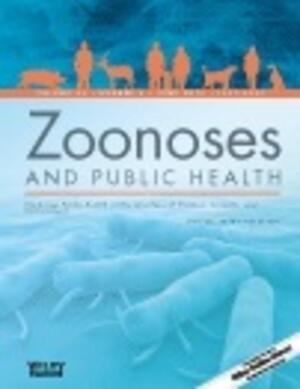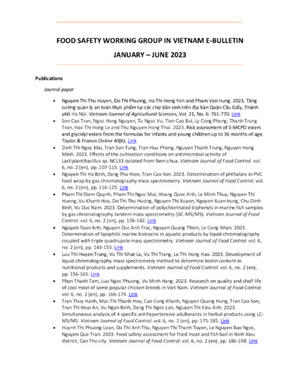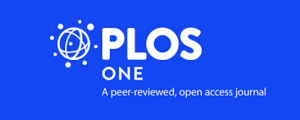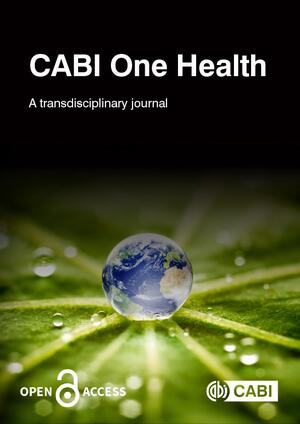
Practical epidemiology training enhances researchers’ skills to analyze antimicrobial resistance and use data
Vietnam faces significant challenges in antimicrobial resistance (AMR), intensified by the inappropriate use of antibiotics in healthcare and agriculture. The misuse of antibiotics in poultry farming has led to the emergence of resistant bacteria, posing serious threats to animals, humans and environmental health.
Recognizing these challenges, the CGIAR One Health Initiative (OHI) has prioritized AMR research under Work Package (WP) 3, one of the three key pillars of the One Health research portfolios within the CGIAR. In Vietnam, AMR-WP3 research aims to capture key features of the production system and understand the drivers of antibiotic use among semi-intensive poultry farmers. This is being achieved through collaboration of the National Institute of Veterinary Research of Vietnam (NIVR) and the International Livestock Research Institute (ILRI), who are carrying out a survey on antibiotic use (AMU) practices in semi-intensive poultry farms in Thai Nguyen province, Vietnam (October 2023-April 2024) and across farms in three provinces in Laos (February-April 2024).

As part of capacity building for involved partners, ILRI Vietnam organized a four-day workshop (25-27 June 2024) to train data analysts from NIVR and the National University of Laos on processing and statistical analysis of the collected data. The training was facilitated by Dishon Muloi and Sinh Dang, epidemiologists from ILRI’s Animal and Human Health program, and included both theoretical and practical sessions. Participants learned various principles of data processing and cleaning, as well as basic to advanced statistical analysis using MS Excel and R statistical software. The sessions also emphasized the importance of data exploration, including visualization techniques and the need to contextualize and communicate research findings.
The training commenced with a description of the survey under OHI-AMR WP3, the developed FarmUSE survey tool. The trainers emphasized the importance of systematic data collection, exploration and statistical analysis, particularly regarding how different survey sections and variables link to the study outcome of antibiotic use on farms. The training underscored the need for contextual data interpretation to explain the findings in relation to the perceptions, knowledge and practices of farmers, as well as animal productivity (economic factors).
Participants engaged in discussions about surveillance systems, data types and exploration, missing data, descriptive and inferential statistics, casual diagrams, analyses plan, hypothesis, type of statistical tests, and more. The lectures and discussion included example data from the Vietnam AMU survey and other studies, including detection of the MCR-1 gene in China which revealed resistance to the antibiotic colistin, and local surveys in Vietnam linking farming practices with AMR prevalence in Salmonella. These examples featured the diverse applications of surveillance in monitoring and mitigating antimicrobial use and AMR risks.

The session concluded with designing AMU and AMR surveillance systems, including objectives, target populations, geographical locations and sampling strategies. Muloi and Dang stressed that strong data management, coupled with rigorous analysis, interpretation and clear communication are vital for successful surveillance efforts.
Ha Nguyen, a PhD student with the CGIAR One Health Initiative, expressed her appreciation for the training: ‘This training has provided us with valuable epidemiology and statistic concepts, practices and insights that we can apply in our research in addressing AMU/R, and animal and human health aspects in general.’
The CGIAR One Health Initiative (2022-2024) continues to support capacity development as part of its commitment to improving global health through integrated research on human, animal and environmental health. This training is also co-supported by the ASEAN-CGIAR Innovate for Food and Nutrition Security Regional Program.








